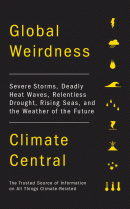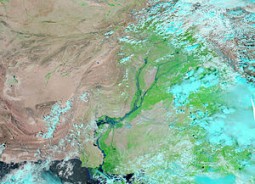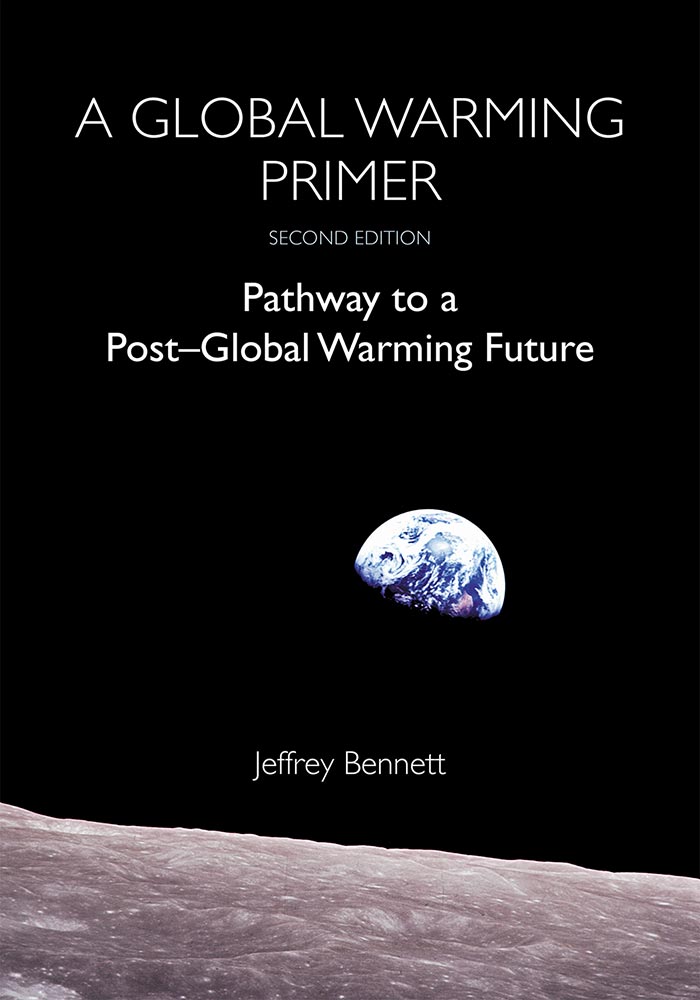 Climate change. Astronomy. A canine astronaut. They intersect in our guest, astronomer and author Dr. Jeff Bennett. Among other things, we focus on climate change and policy – present and future.
Climate change. Astronomy. A canine astronaut. They intersect in our guest, astronomer and author Dr. Jeff Bennett. Among other things, we focus on climate change and policy – present and future.
Dr. Bennett got his Ph.D. in Astrophysics from the University of Colorado, and he served two years as a Visiting Senior Scientist at NASA Headquarters, where he was the first scientist hired within a science division specifically to leverage science missions for education. As an author, Dr. Bennett has written college textbooks in astronomy, mathematics, statistics, and astrobiology, and a freely available, interactive digital textbook about Earth and Space Science for middle- and high-school students. He also has written popular books that include a series for children about an intrepid astronaut dog named Max, who goes to the Moon, Mars and elsewhere.
A particular topic we plan to delve into today with Dr. Bennett is regarding his book titled: “A Global Warming Primer: Pathway to a Post-Global Warming Future”. A current issue is the EPA’s proposal to rescind the 2009 Greenhouse Gas Endangerment Finding. The comment period for the proposed rule change has been extended to September 22. Other issues include the Department of Energy’s recent report critical of climate change research (see rebuttals of the report by Dr. Bennett and others), and whether NASA will continue doing climate and other Earth-based science.
Host: Joel Parker
Show Producer/Engineer: Joel Parker
Executive Producer: Susan Moran
Listen to the show:
Podcast: Play in new window | Download (Duration: 26:09 — 35.9MB)
Subscribe: RSS



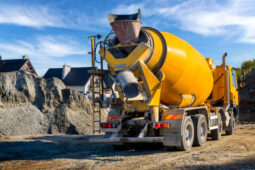
 Climate Change & COP28 (start time: 1:30) A major global climate conference is taking place now in Dubai, amidst a year of record-breaking heat, wildfires, floods and more around the world.
Climate Change & COP28 (start time: 1:30) A major global climate conference is taking place now in Dubai, amidst a year of record-breaking heat, wildfires, floods and more around the world. 
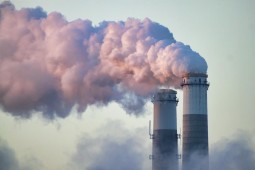 This week on How on Earth, Beth interviewed Scott Lehman of the University of Colorado here in Boulder. Dr Lehman collaborated with a team at NOAA, to develop a novel technique to identify the CO2 released by burning of fossil fuels, allowing its exact calibration in the global carbon budget. Due to technical difficulties, you can’t hear Beth’s questions in the audio, but Scott’s responses are very clear. You can find more information at his
This week on How on Earth, Beth interviewed Scott Lehman of the University of Colorado here in Boulder. Dr Lehman collaborated with a team at NOAA, to develop a novel technique to identify the CO2 released by burning of fossil fuels, allowing its exact calibration in the global carbon budget. Due to technical difficulties, you can’t hear Beth’s questions in the audio, but Scott’s responses are very clear. You can find more information at his 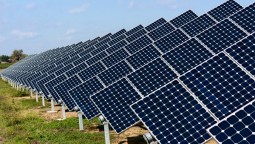
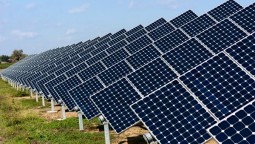 What You Can Do About Global Warming (starts at 5:20): We interview Craig Hover, author of A World to Come Home To: Ending Global Warming in Our Lifetime. Craig is a licensed professional engineer with more than 30 years of engineering, project and facilities management, financial services and consulting. In his book he lays out a comprehensive vision of implementing sustainable strategies for reducing carbon emissions and reversing the current trends in climate change.
What You Can Do About Global Warming (starts at 5:20): We interview Craig Hover, author of A World to Come Home To: Ending Global Warming in Our Lifetime. Craig is a licensed professional engineer with more than 30 years of engineering, project and facilities management, financial services and consulting. In his book he lays out a comprehensive vision of implementing sustainable strategies for reducing carbon emissions and reversing the current trends in climate change.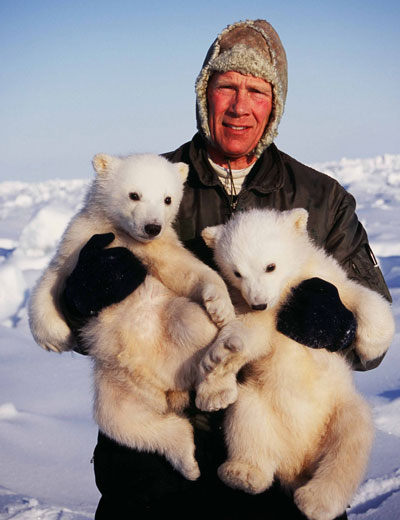
 Polar Bears (starts at 6:30): It is well known that, right now, life for polar bears looks bleak. Warming temperatures mean the season for sea ice cover in the Arctic has become shorter and shorter. As sea ice provides a home and hunting ground for polar bears, both the number of bears and their health has suffered. There is even talk of them becoming extinct. But is this something that we should worry about in Colorado and other non-arctic regions around the world? We don’t have bears, right now we don’t have ice, and we have plenty of other concerns. Dr. Steven Amstrup, the Chief scientist for Polar Bears International, joins us on How on Earth to explain why we should care. He thinks that polar bears are the sentinels of global health and that they provide advance warning of some of the challenges coming to all species. That includes us humans. But he thinks if we act soon, we can save both the bears and ourselves.
Polar Bears (starts at 6:30): It is well known that, right now, life for polar bears looks bleak. Warming temperatures mean the season for sea ice cover in the Arctic has become shorter and shorter. As sea ice provides a home and hunting ground for polar bears, both the number of bears and their health has suffered. There is even talk of them becoming extinct. But is this something that we should worry about in Colorado and other non-arctic regions around the world? We don’t have bears, right now we don’t have ice, and we have plenty of other concerns. Dr. Steven Amstrup, the Chief scientist for Polar Bears International, joins us on How on Earth to explain why we should care. He thinks that polar bears are the sentinels of global health and that they provide advance warning of some of the challenges coming to all species. That includes us humans. But he thinks if we act soon, we can save both the bears and ourselves.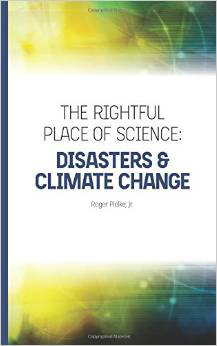

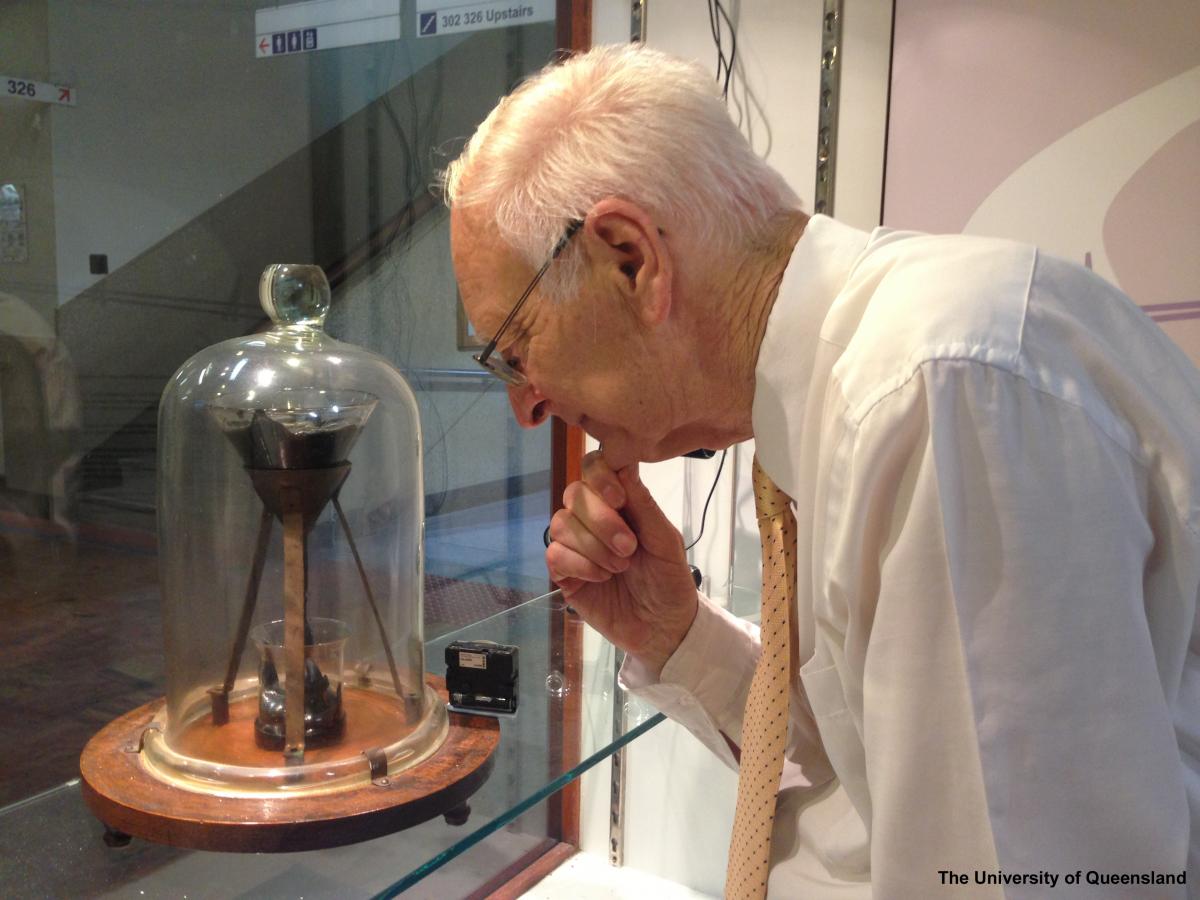
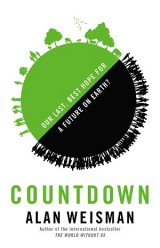 Biology and Health (start time 00:56). This year marked the passing of long-time Boulder resident, Al Bartlett. Bartlett was one of the world’s most eloquent voices calling for population control. He will be missed. One of the champions picking up the torch is New York Times bestselling author, Alan Weisman. Weisman offers exciting solutions to population growth in Countdown: Our Last, Best Hope for a Future on Earth.
Biology and Health (start time 00:56). This year marked the passing of long-time Boulder resident, Al Bartlett. Bartlett was one of the world’s most eloquent voices calling for population control. He will be missed. One of the champions picking up the torch is New York Times bestselling author, Alan Weisman. Weisman offers exciting solutions to population growth in Countdown: Our Last, Best Hope for a Future on Earth.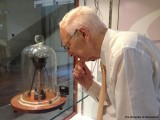
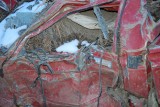
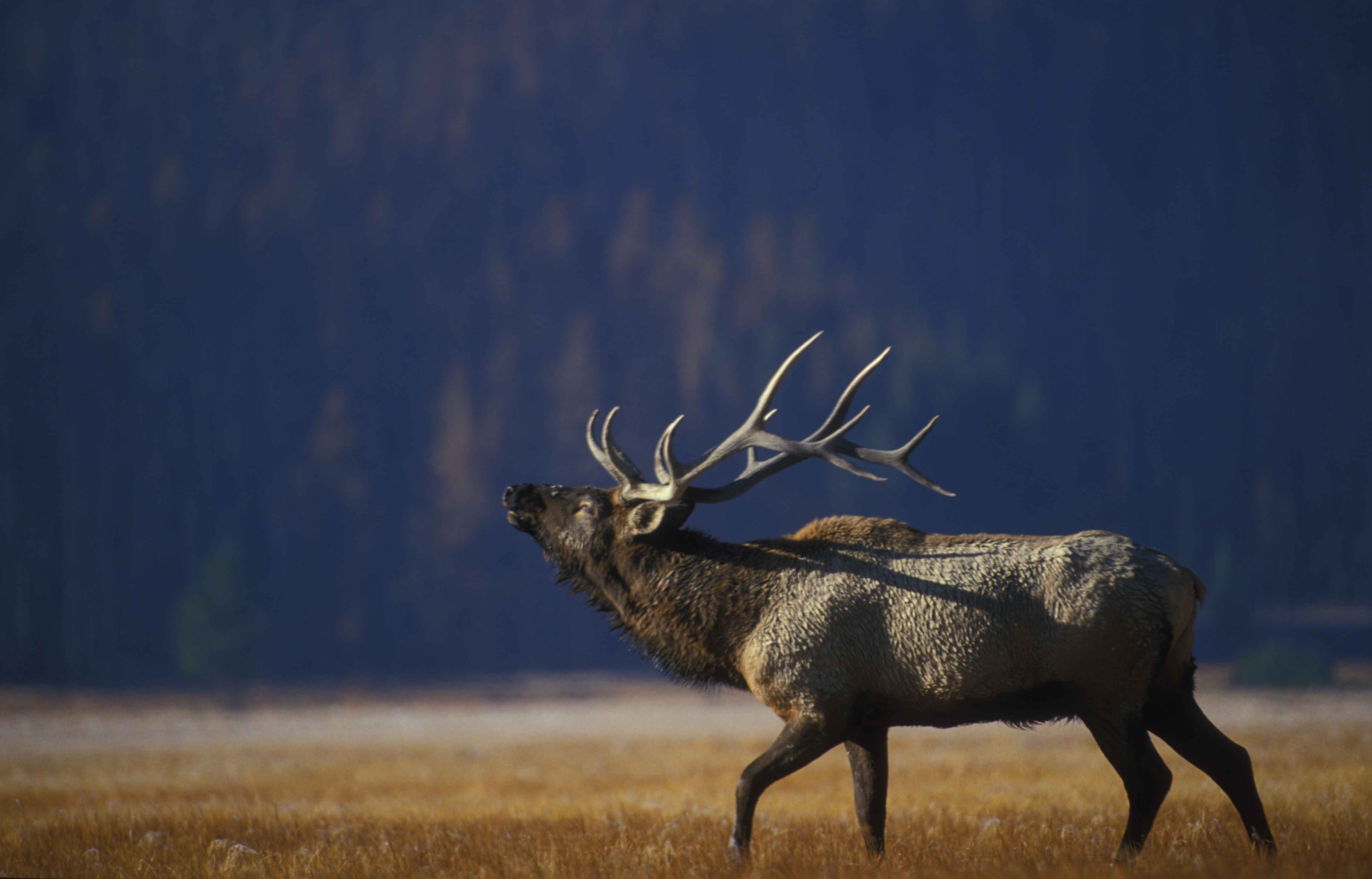
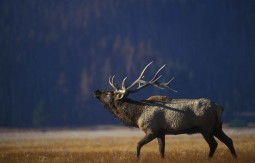 Big Game and Climate Change (start time 5:00) Last week, the National Resource Council released some serious warnings about
Big Game and Climate Change (start time 5:00) Last week, the National Resource Council released some serious warnings about 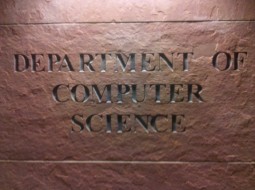 Hour of Code (start time 12:30) Coding is not just a magic trick where ones and zeros make
Hour of Code (start time 12:30) Coding is not just a magic trick where ones and zeros make 